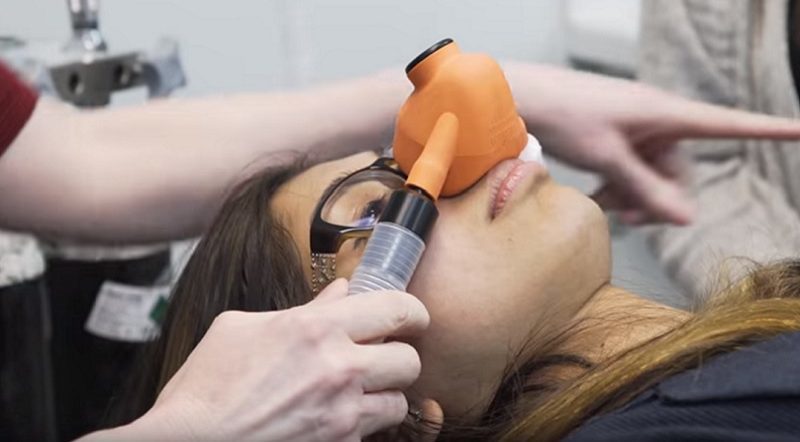 UCL Eastman explains why conscious sedation is becoming increasingly popular and is a safe option for dental procedures.
UCL Eastman explains why conscious sedation is becoming increasingly popular and is a safe option for dental procedures.
We are in the midst of a dynamic time for conscious sedation practice, which according to all UK sedation guidelines, dentists and doctors are allowed to administer in primary care. It is the fastest growing area in anaesthesia – driven by the private healthcare sector, public service, medical insurance and patients.
And conscious sedation services will increasingly become even more popular as an alternative to general anaesthesia for various reasons. More research is available that shows conscious sedation is a safe option for dental procedures in primary care. In studies undertaken by us, patients consistently rate conscious sedation a better option because of the low side-effect profile eg nausea and vomiting, cost effectiveness and quick recovery characteristics.
Conscious sedation
We, however, need to realise that the concept of conscious sedation outside secondary care presents challenges. Training is necessary, surgeries must meet the requirements of safe practice and we need to follow the guidance from sedation guidelines. We also need to look at patient satisfaction. Do we ask patients whether they are satisfied with every aspect of sedation practice? Another future challenge will be the drugs we use – which ones, how do we administer them, are they safe for use in primary care, and the biggest issue of all, who can administer which drug?
In short, nobody should be involved in providing conscious sedation without training, which must include supervised clinical training in order to optimise patient safety. As the guidelines by the Academy of Medical Royal Colleges (UK) state clearly: ‘Safety will be optimised only if sedation practitioners use defined methods of sedation for which they have received formal training. Relevant qualifications and ongoing training remain the foundation of safe sedation practice’.
As sedation trainers at UCL Eastman, we have responded to the demand for sedation provision and robust training with both our PG Certificate course and CPD activities. We also present an annual study club meeting in London, where we provide the latest information and guidance on advanced sedation techniques. Our lecturers are recognised internationally as specialists in the field of conscious sedation. We are empowering healthcare professionals, dentists and doctors to become safe sedation providers.
Our Dental Sedation and Pain Management PG Certificate includes: a week-long teaching block in May and in November; between these blocks, students undertake clinical/practical training at clinics in and around London. Apply by 1 March. Find out more: www.ucl.ac.uk/eastman/study/dental-sedation.


